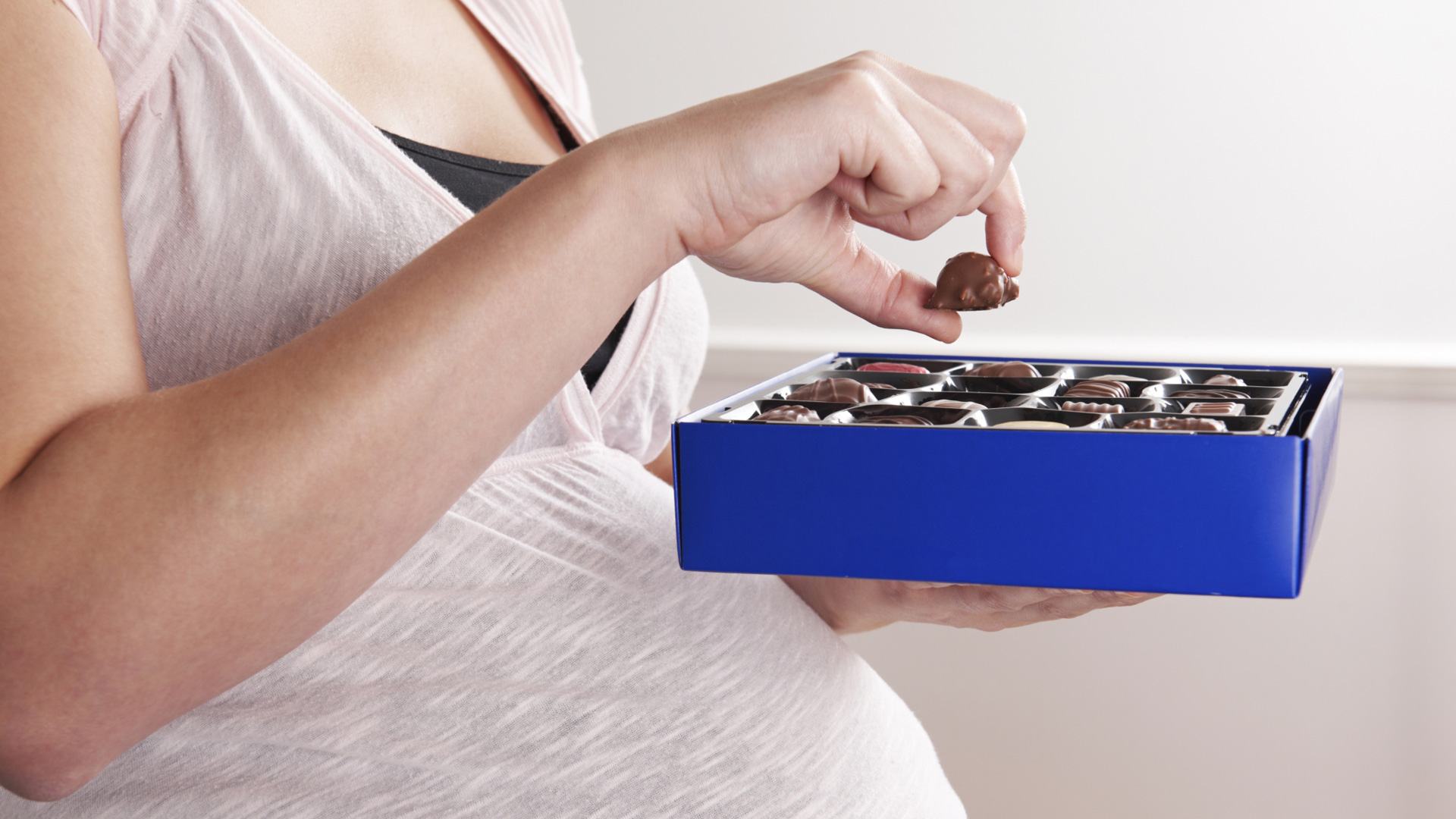What our moms-to-be should know about Migraine
Wednesday, October 25, 2017
 Migraine is a medical condition and is normally a serious throbbing on one or both sides of the head. They are a type of vascular headache that results from blood vessels expanding from the brain and is different from stress or tension headaches. If you were already prone to Migraine before getting pregnant, you may encounter more grounded migraines, or you may find that they lessen during pregnancy. Women experience migraine differently than men. Women report episodic pain (often for a longer duration) and chronic pain more frequently than men do.
Migraine is a medical condition and is normally a serious throbbing on one or both sides of the head. They are a type of vascular headache that results from blood vessels expanding from the brain and is different from stress or tension headaches. If you were already prone to Migraine before getting pregnant, you may encounter more grounded migraines, or you may find that they lessen during pregnancy. Women experience migraine differently than men. Women report episodic pain (often for a longer duration) and chronic pain more frequently than men do.
More than 25% of women encounter a headache during their lifetime in pregnancy, and hormone vacillations, particularly changes in estrogen levels, can highly affect the recurrence and force of a migraine attack. That is particularly valid for the hormonal changes that go with pregnancy. If you are pregnant or plan to wind up noticeably pregnant soon, what do you have to know?
Symptoms of Migraine Attack:
Migraine generally starts with a dull headache and sometimes followed by nausea and vomiting. Few women can also experience Aura as well. Aura is a wavy lines or dots of flashing lights. Some may likewise experience encounter limited focus or blind spots.
What causes Migraine?
- Most often, migraine affects people between the ages of 15 and 55.
- Most people have a family history of migraine or of disabling headache.
- They are more common in women.
- Migraine often becomes less severe and less frequent with age.
 Common Head Triggers Include:
Common Head Triggers Include:
- Chocolates, Caffeine, Processed Foods
- No proper sleeps
- Dehydration: Especially when you are pregnant, your body needs more water
- Stress
- Hormones
- Weather
Is medication for Migraine safe during your pregnancy?
Some Migraine medicine should not be used, as there are possibilities of birth defects or other problems, which includes aspirin and ibuprofen. You should always consult your doctor if you are having migraine problem so that the medicine recommended by your doctor will help you and is safe during pregnancy. Home remedies can be also beneficial which is discussed below and the good news is that for most women migraines improves or stop from about the third month of pregnancy.
 Self-Care of Migraines:
Self-Care of Migraines:
- Avoid your known triggers, such as specific foods, as much as possible.
- Keep a predictable schedule of meals and snacks.
- Drink plenty of water.
- Get plenty of rest.
- Consider taking a class in biofeedback or other relaxation techniques.
- When pain strikes, try ice packs, massage, and resting in a quiet, darkened room.
Note: Mostly, everybody treats migraine as not a serious problem and takes general painkillers to get instant relief but it is always important to let your health care provider know when you are experiencing any headaches and the details about them.









